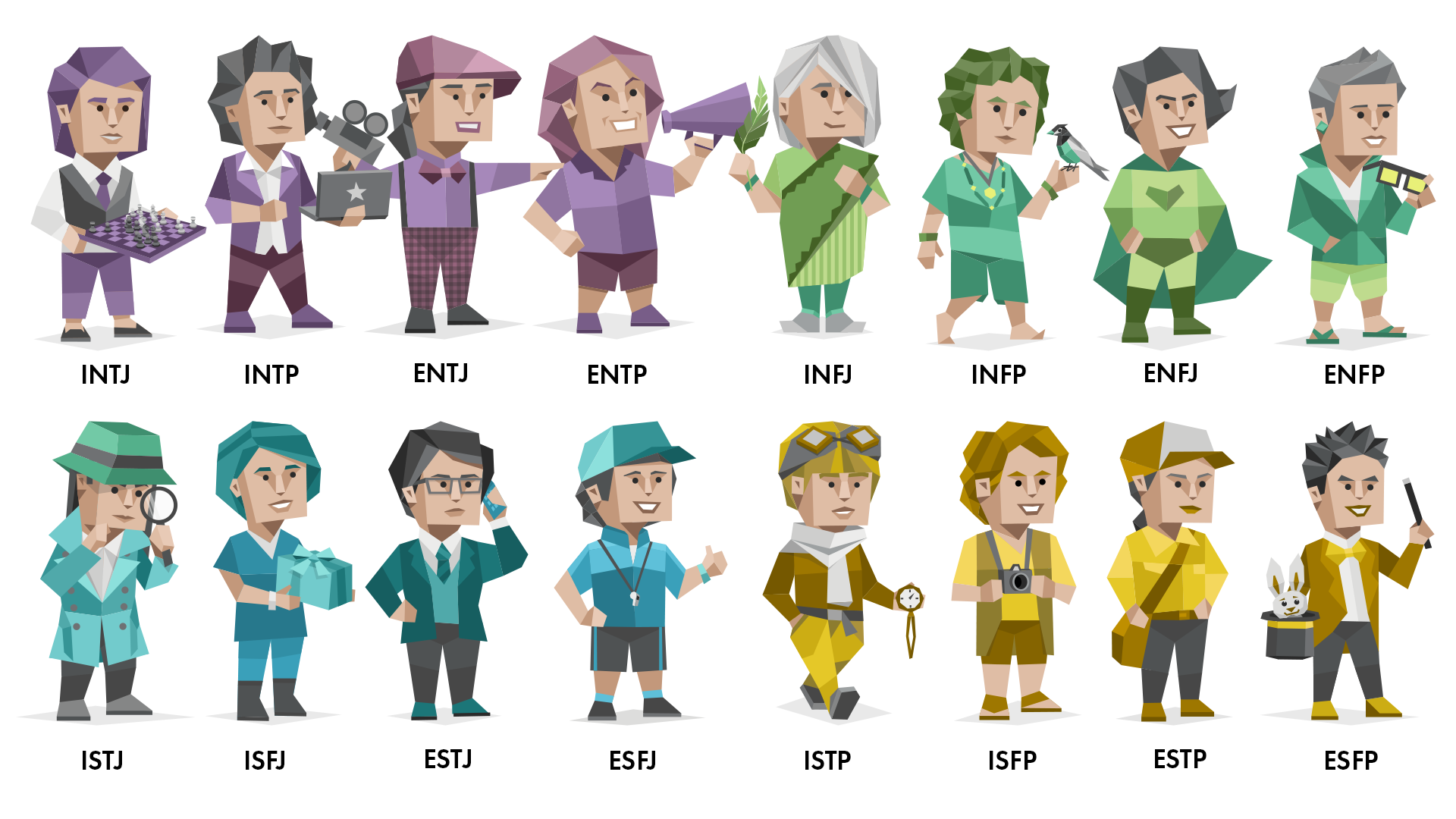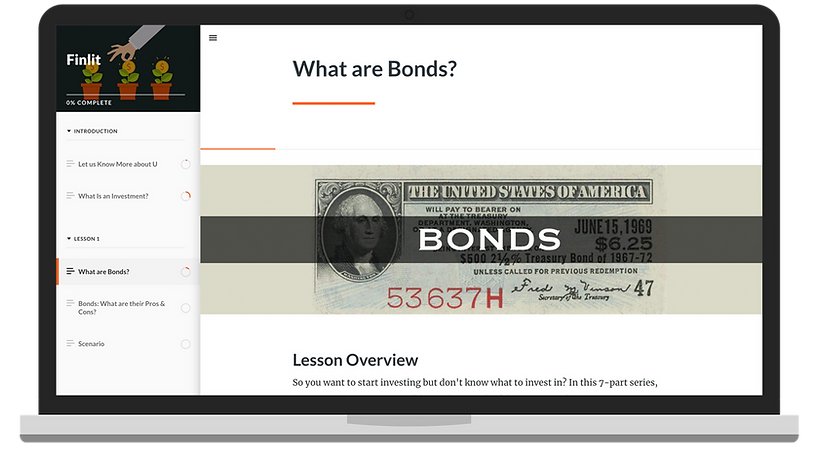Week 2: Early Ideas
Date: September 13, 2023
Working towards: Milestone 1
Summary: Explore topics that connect your interests, expertise, and aspirations
1. What did you accomplish last week?
Despite the strategy I laid out in last week's write-up (taking an inductive approach to my topic selection process), the recommendation was to write something down on paper in advance of this week's class so that there was something to start with. So even though I felt that I was going to change my mind in a few weeks anyway, I came up with a few ideas of my own just to get the creative juices flowing for now. Those ideas can be viewed below.
2. What obstacles, questions, or surprises did you encounter, if any?
I was highly curious about how organizations (school districts, edtech solutions providers, any organization really) were dealing with the advent of AI. This generated quite a lot of anxiety for me because I knew I wanted to create a solution that would be accepted in the real world, but what if somebody was able to create an AI-based solution that might render my (potentially) non-AI solution obsolete?
3. What do you plan to accomplish for next week?
As part of my initial strategy to gather data (with which to inform my direction), I'll be attending the FastCompany Innovation Festival from September 18-21 where I'll hear from leaders of F500 companies and how they are dealing with the transformative effects of AI in their respective industries. Should be eye-opening. In addition, I've scheduled to meet with and interview a few professors from the NYU ECT department. This will allow me to collect information from both industry professionals and professors, as part of my strategy.
Below are the three ideas I came up with over the past week, each one drawing upon my past experiences, current curiosities, or future career aspirations and ambitions.

WHAT IF...
...Learning could best be promoted by building lesson plans around the learners' unique personality temperament (ex. MBTI)?
THE IDEA
A solution that designs or structures lessons according to the learners' MBTI profile.
BACKGROUND
As a young student, I wasn’t a very easy learner to teach to, being highly temperamental, easily distracted, and bad at memorizing things. On the other hand, I scored very well on standardized exams without studying much and was able to grasp abstract concepts quicker than most. How do you teach someone like that?
It wasn’t until I met and talked with a psychologist rather recently that I came to discover that there are preferred ways in which humans use their minds. Psychological frameworks such as Carl Jung’s cognitive functions or MBTI were being used by everyone from Fortune 500 companies to couples in relationships to help them learn how to “speak” to each other in their preferred languages. By delving deeply into an individual’s cognitive functions, these frameworks allow us to see how that person prefers to think, act, and behave. And this allows us to learn how to engage with them in ways that bring out their best.
If that was indeed the case, then what if we could apply this framework to learning design? What if we could tailor lessons to students in a way that would help engage them in the most optimal way possible by designing around their psychological profiles?

WHAT IF...
...Understanding and managing our personal finances could be made simpler?
THE IDEA
A solution that trains its users to be more financially literate, responsible, and accountable to themselves.
BACKGROUND
In my Design Process for Learning (DPL) course, my group and I decided to tackle the problem of financial literacy for our group project. (Click on the image below to check out the project website.)

As a millennial myself, I strongly identify with the majority of others in my generation and younger who say that they do NOT feel confident about their financial literacy skills.
I could use this opportunity with my thesis project to dive deeper into the work we started a year ago.

WHAT IF...
...There was a simple and convenient way for all people to be able to plan for their end of life?
THE IDEA
A solution that allows people to have all their financial and legal affairs in order in preparation for their end of life
BACKGROUND
My friend Paul lost his mother last year when she was only in her 60s. She was his only parent and had left no wills or other end of life statements. Due to the lack of planning, it fell onto Paul to settle all of his mother's affairs, which included taking time off from his work in order to sell her belongings and settle up in other financial and legal ways. Since his sister couldn't help him, he felt even more stressed out by the experience.
The baby boomer generation, the largest generation by size until only recently, is already retiring in large numbers and passing away. For those who do not have any end-of-life planning established, this will lead to a large burden for their living family members. However, the process of understanding the different parts of the end of life planning process can be a hassle and many might feel uncomfortable accepting their own mortality. For these reasons, many may not or will not make adequate preparations for this important stage in their lives.
Perhaps a solution can be made to help with this process?